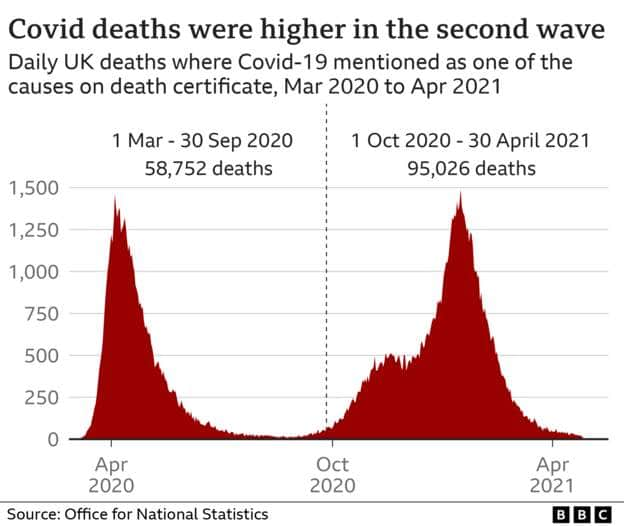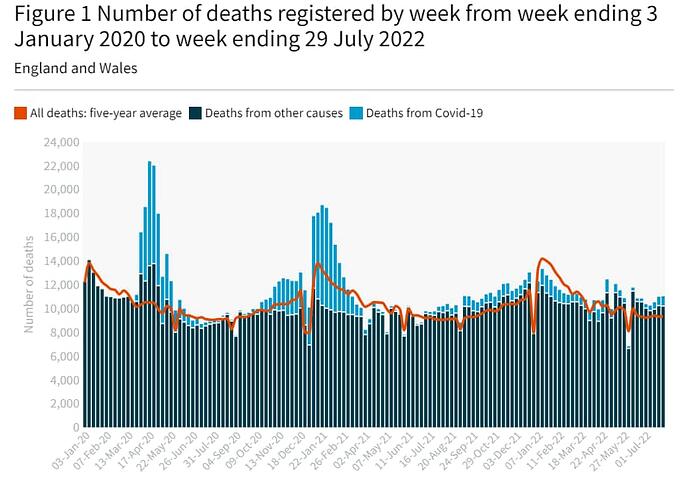14:22
Inquiry counsel Hugo Keith KC turns his attention to the Eat Out to Help Out scheme - announced on 8 July 2020, and introduced the following month.
Keith asks Sunak why, in light of the “absolute risk of transmission” posed by the scheme, was it not put in front of the Treasury, Sage, the chief medical officer and health secretary, or anyone outside No 10, beforehand.
Sunak calls the scheme a “micro-policy” (1) designed in line with the safe lifting of Covid measures, which included the opening of hospitality. He says there was time for it to be challenged before it was introduced.
(1) Surely this assertion will be challenged now … 
Rishi Sunak is still being pressed about his decisions around the Eat Out to Help Out Scheme. He says at the time his priority was jobs.
That was an understandable coming from a Chancellor but his action is at odds with his the PM’s alleged decision-making:
A defence of Johnson: Where others have criticised Johnson for his decision-making and language, Sunak said his old boss was right to “go over the arguments” and “test out different points of view”
He looked frustrated at the suggestion that the government’s scientific advisers weren’t properly consulted. They had “ample opportunity” to raise concerns, he said.
How could the government’s scientific advisers raise concerns if they weren’t aware of Sunak’s “micro-policy”?
15:30
Hugo Keith KC, focusing on the Treasury, says material seen by the inquiry shows it was “pejoratively associated with death” and that some officials in No 10 described it as the “pro-death squad” as it was often “opposed to public health interventions”. Keith asks Sunak if he was aware of these terms.
“I do not think it is a fair characterisation,” Sunak says, describing the Treasury as full of “incredibly hard-working people”. He says his colleagues acted in the public interest and “saved millions of people’s livelihoods”.
![]()


